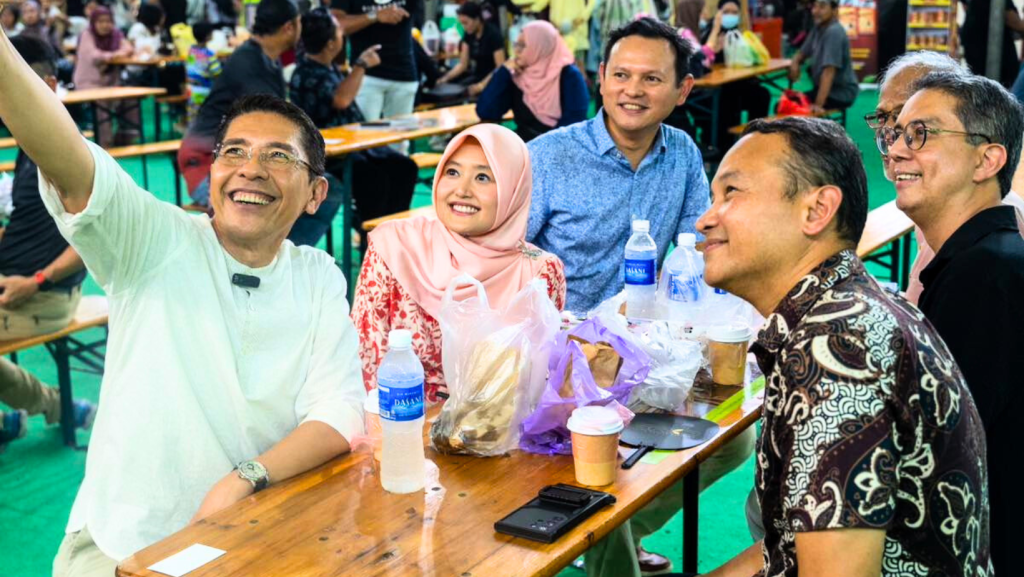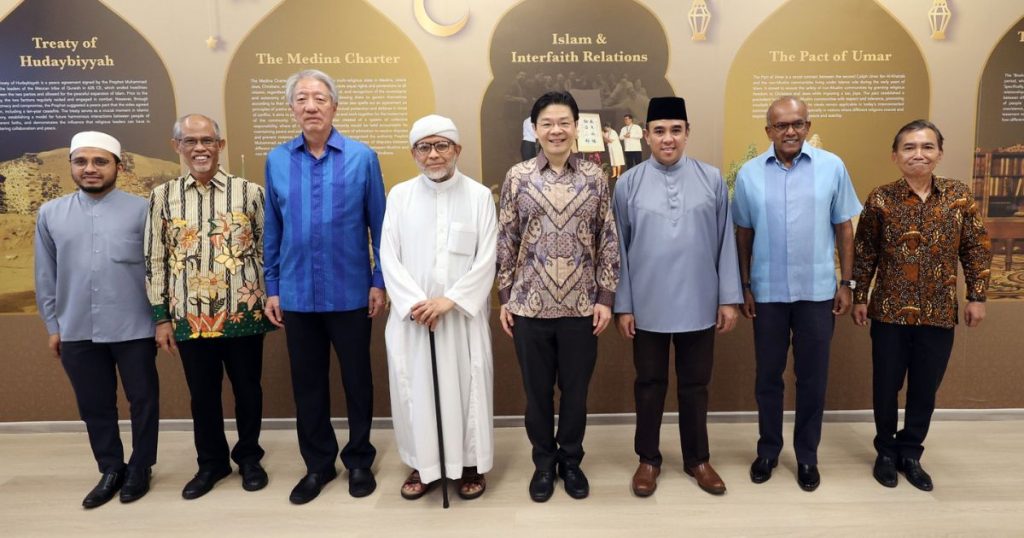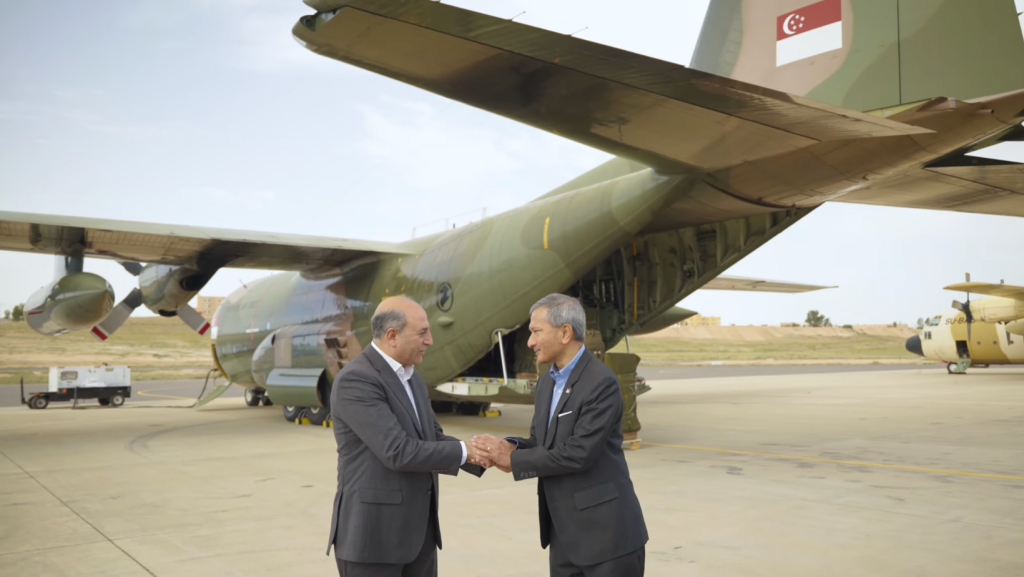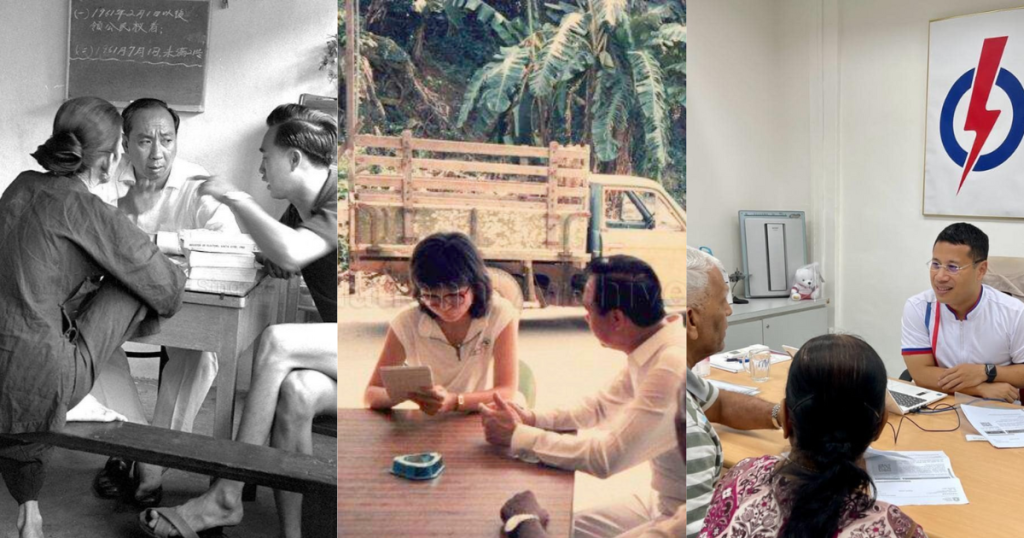Comrade Tan Eng Liang, an Olympian who long led the growth of our national sports scene as well as helped build up Singapore into a First World urban city, passed on this previous Sunday (May 28).
He was 85.
“Eng Liang was an inspiring individual who made significant contributions to the local sports community and to Singapore,” shared Speaker of Parliament Tan Chuan-Jin the same day.
Comrade Tan was Senior Minister of State (SMS) for National Development (1975-78) and for Finance (1978-79). He served the residents of River Valley as their MP with much grace (1972-78). Later in life, he was Vice-President of the Singapore National Olympic Council for almost thirty years (1992-2020).
He was also a pioneer in many ways. He was not only the first Rhodes Scholar in Southeast Asia, the first Chairman of the Singapore Sports Council but also the founding Chairman of the Urban Redevelopment Authority.
And in these last two roles, he believed in the benefit of long-term planning in getting great work done for the nation.
A sportsman who got through the difficulties of life with dignity
Comrade Tan was a man who came from simple beginnings, after all. His family suffered terribly during the Japanese Occupation and as a child, he lived on tapioca leaves, sweet potatoes and the odd bread ration. Afterwards, Comrade Tan grew up in a crowded house where he slept on the floor with the rest of his extended family.
It must have had an impact on his attitude towards life, he reminisced much later.
“You realised life was difficult but you still managed to get through quite contentedly,” he mentioned to the Oral History Centre (OHC) in 1997 regarding his mindset.
“That to me is an important factor in my life. I somehow had no grievances or anger.”
So he persevered. He did well enough for exams, and swam fast enough in his home-made swimming trunks in the sea and the Haw Par pool to represent Raffles Institution at inter-school sports days.
This was the beginning of his journey to the 1956 Melbourne Olympics as a water polo player and his later wins at the Asian Games (1958, 1966) as well as the South-east Asian Peninsular Games (1965, 1967).
“I’m one of those who believe that the fact that you mug more, the fact that you study more, does not necessarily make you a better person,” he noted to the OHC.
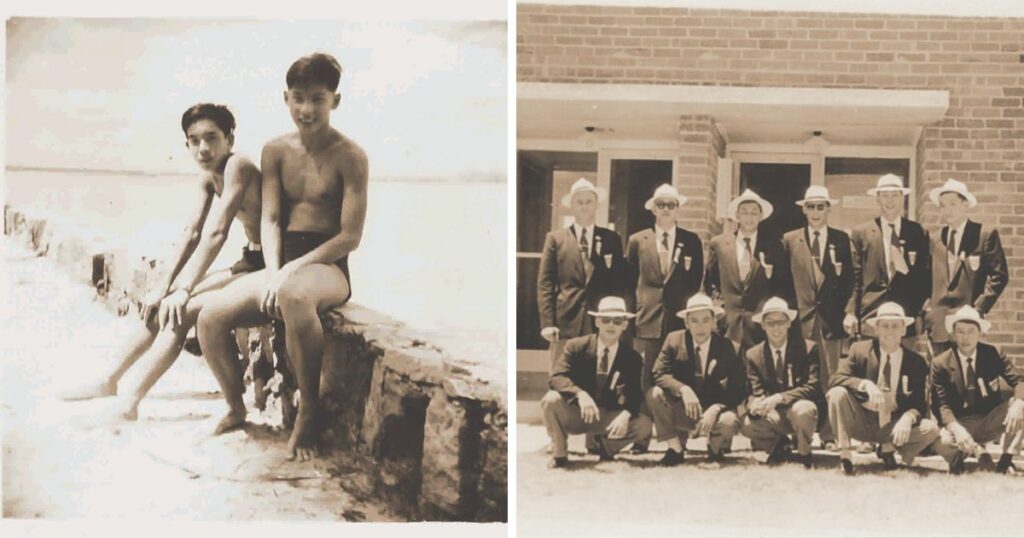
Source: Tan Chuan-Jin / Facebook
“[Another person], perhaps he’s not as good academically, but perhaps he’s more streetwise, more non-academic, and probably can handle crisis, stress and real-life issues better than one that is extremely good in only studies,” explained Comrade Tan, who obtained a PhD in chemistry from the University of Oxford in 1964.
“My very consistent objective in life is this balanced individual that I would like to see more.”
“You can see the skyline changing; you can see the policies are working”
This practical, on-the-ground approach helped Comrade Tan during the late 1960s. Then, he learnt how to be a higher education administrator when restructuring the Singapore Polytechnic accountancy curriculum.
“Not only you’re helping, you’re also learning. The exposure was fantastic,” he told the OHC.
This spirit of helping was in full flush within Comrade Tan when he was SMS for National Development.
“Plenty to do and you are really fully occupied,” he continued.
“I used to start work at 7am in the morning, partly because of my responsibility in a number of areas. And continue, come back, have your bath, continue. Dinner at night. So it’s a whole-day activity.”
“But it is satisfying, you know, you have an inner satisfaction. You can see development, you can see the skyline changing, you can see the policies are working and in a small way, you are part of the overall picture, that make Singapore what it is today,” said Comrade Tan.

Source: Desmond Lee / Facebook, Sam Goh / Pexels, Kate Branch / Pexels
Central Singapore, for example, is today a place excellently and unobtrusively served by trains and full of lovingly preserved historical buildings. We have Comrade Tan taking charge of the URA’s groundbreaking Master Plan of that era to thank for this.
Putting long-term plans into action
“Once you have a Master Plan for five years and then ten years, then it is quite easy to begin to have the different policies or objectives set up to achieve the plan that you have in mind,” added Comrade Tan about how the PAP’s existing long-term nation-building work helped when it was his time to accelerate Singapore’s urban development.
He took this sentiment to heart when building up our national sports infrastructure and our national athletes.
By the late 90s, he noted, Singaporeans had much easier access to sporting facilities than Japanese in their own countries. This was despite Comrade Tan’s Singapore Sports Council having a later start to construct vital projects like the Singapore Indoor Stadium.
Having the long-term objective to develop sports helped here.
In fact, his initiatives like the National Jog/ Walk showed Singaporeans it was not difficult to stay fit and use these facilities well; these helped develop a healthy Singapore.
And while Singaporeans remember well Comrade Tan’s many good deeds towards the national sports scene — these include being the Chef de Mission for Team Singapore an unparalleled 12 times over major international events, and personally being in the stands to cheer on athletes — he remained a champion who never rested on his laurels, and always saw a better way forward.

Source: Lee Hsien Loong / Facebook, Tan Chuan-Jin / Facebook
About two years ago, he helped reform the Singapore Taekwondo Federation and generously funded the future development of local water polo. His keen insights on sports policy have guided current Minister for Culture, Community and Youth Edwin Tong.
Comrade Tan’s final public message, appropriately enough, looks towards a stronger sporting future for Singaporeans.
“It has been a great experience serving in sports all these years. I have enjoyed my time tremendously. Please convey my gratitude to all whom I have worked with. It has been my privilege and honour to serve them throughout these years. I wish them the very best and continued success locally and internationally.”
“Majulah Sports Singapore!”

